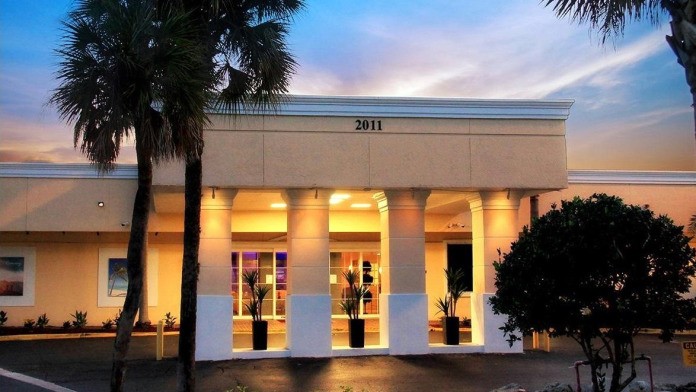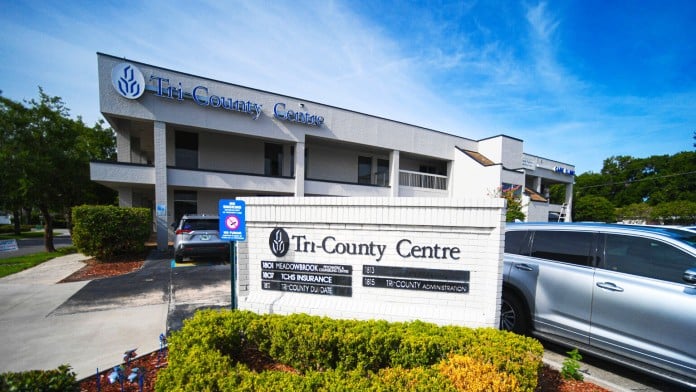About Tri County Human Services Lakeland – Outpatient
Before beginning treatment, you’ll participate in an assessment to determine the appropriate level of care for you. Then, you’ll have options for standard or intensive outpatient care. Each program offers multiple services as you live at home. Psychiatric services, addiction education, individual, group, and couples counseling, case management, and more are available.
One thing I like about them is they encourage family participation in treatment. They understand the integral role loved ones can play in recovery, especially in adolescent care. You’ll have the opportunity to learn more about addiction and how to strengthen your family unit for positive treatment outcomes.
Another key feature is they make treatment easily attainable. They welcome everyone, regardless of their ability to pay. Moreover, they offer discounts based on income and family size. You can also seamlessly fit treatment into daily life with all services, except drug screens, available through telehealth.
Latest Reviews
Thank you for sharing your concerns. We understand your frustration and respect the effort you’ve made to move forward.
Required and recommended treatment decisions are based on identified risk factors. Recommended treatment means some concerns were found but may not require further action. Required treatment means risk factors were identified that mandate more support to help prevent another DUI.
A DUI, refusal, or wet reckless stays on a driving record for 75 years. Having a prior DUI and previous mandated treatment shows higher risk, regardless of how long ago it happened. Past history is a key factor because driving after drinking endangers both you and others.
Our goal at DUI services is to educate and encourage safe decisions. We’re glad you’re continuing with the class and want you to succeed. Please contact the DUI Department directly so we can review your case and support your progress.
You were referred to our program following charges by law enforcement officers. Attendance in our program was a legal requirement, not a service you chose voluntarily.
You missed your scheduled class, which is why a reschedule fee applied. All clients are clearly informed that rescheduling requires at least five days’ notice to avoid this fee. When a class is missed, it can take several weeks to find an available slot, since classes fill quickly.
We understand these policies can feel strict, but they are necessary to ensure fairness and compliance for everyone in the program.
Rehab Score
Gallery
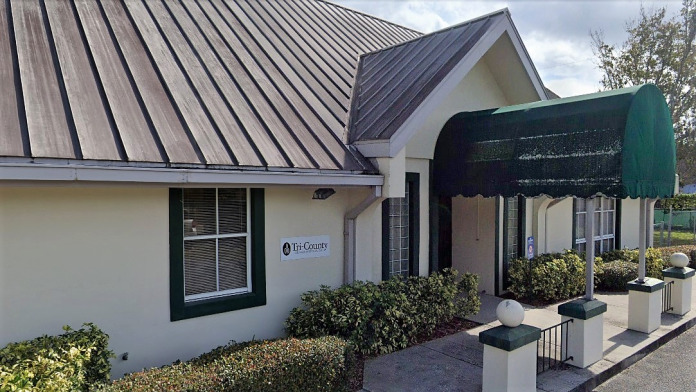
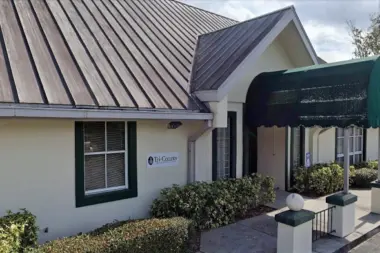
Other Forms of Payment
Medicaid is a state based program that helps lower-income individuals and families pay for healthcare. Medicaid covers addiction treatment so those enrolled can use their coverage to pay for rehab. When a program accepts Medicaid the client often pays very little or nothing out of their own pocket.
Addiction Treatments
Levels of Care
Outpatient Programs (OP) are for those seeking mental rehab or drug rehab, but who also stay at home every night. The main difference between outpatient treatment (OP) and intensive outpatient treatment (IOP) lies in the amount of hours the patient spends at the facility. Most of the time an outpatient program is designed for someone who has completed an inpatient stay and is looking to continue their growth in recovery. Outpatient is not meant to be the starting point, it is commonly referred to as aftercare.
Intensive Outpatient Programs (IOP) are for those who want or need a very structured treatment program but who also wish to live at home and continue with certain responsibilities (such as work or school). IOP substance abuse treatment programs vary in duration and intensity, and certain outpatient rehab centers will offer individualized treatment programs.
12-step programs are addiction recovery models based on Alcoholics Anonymous (AA). A number of substance abuse programs (including some drug and alcohol rehab centers) use the 12 steps as a basis for treatment. Beginning steps involve admitting powerlessness over the addiction and creating a spiritual basis for recovery. Middle steps including making direct amends to those who've been hurt by the addiction, and the final step is to assist others in addiction recovery in the same way. 12-Step offshoots including Narcotics Anonymous (NA), Cocaine Anonymous (CA), Dual Recovery Anonymous (DRA), Sex and Love Addicts Anonymous (SLAA) and Gamblers Anonymous (GA).
Completing a drug or alcohol rehab program shouldn't spell the end of substance abuse treatment. Aftercare involves making a sustainable plan for recovery, including ongoing support. This can include sober living arrangements like halfway houses, career counseling, and setting a patient up with community programs like Alcoholics Anonymous (AA) or Narcotics Anonymous (NA).
Treatments
Substance rehabs focus on helping individuals recover from substance abuse, including alcohol and drug addiction (both illegal and prescription drugs). They often include the opportunity to engage in both individual as well as group therapy.
Clinical Services
Cognitive Behavioral Therapy (CBT) is a therapy modality that focuses on the relationship between one's thoughts, feelings, and behaviors. It is used to establish and allow for healthy responses to thoughts and feelings (instead of unhealthy responses, like using drugs or alcohol). CBT has been proven effective for recovering addicts of all kinds, and is used to strengthen a patient's own self-awareness and ability to self-regulate. CBT allows individuals to monitor their own emotional state, become more adept at communicating with others, and manage stress without needing to engage in substance abuse.
Dialectical Behavior Therapy (DBT) is a modified form of Cognitive Behavioral Therapy (CBT), a treatment designed to help people understand and ultimately affect the relationship between their thoughts, feelings, and behaviors. DBT is often used for individuals who struggle with self-harm behaviors, such as self-mutilation (cutting) and suicidal thoughts, urges, or attempts. It has been proven clinically effective for those who struggle with out-of-control emotions and mental health illnesses like Borderline Personality Disorder.
Group therapy is any therapeutic work that happens in a group (not one-on-one). There are a number of different group therapy modalities, including support groups, experiential therapy, psycho-education, and more. Group therapy involves treatment as well as processing interaction between group members.
In individual therapy, a patient meets one-on-one with a trained psychologist or counselor. Therapy is a pivotal part of effective substance abuse treatment, as it often covers root causes of addiction, including challenges faced by the patient in their social, family, and work/school life.
Motivational Interviewing (MI) is a clinical approach to helping people with substance abuse issues and other conditions shift behavior in positive ways. It is more goal-oriented than traditional psychotherapy, as MI counselors directly attempt to get clients to consider making behavioral change (rather than wait for them to come to conclusions themselves). Its primary purpose is to resolve ambivalence and help clients become able to make healthy choices freely.
Trauma therapy addresses traumatic incidents from a client's past that are likely affecting their present-day experience. Trauma is often one of the primary triggers and potential causes of addiction, and can stem from child sexual abuse, domestic violence, having a parent with a mental illness, losing one or both parents at a young age, teenage or adult sexual assault, or any number of other factors. The purpose of trauma therapy is to allow a patient to process trauma and move through and past it, with the help of trained and compassionate mental health professionals.
Staff
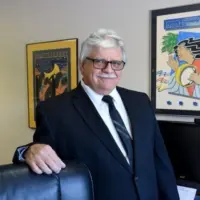
Robert Rihn, LCSW
CEO
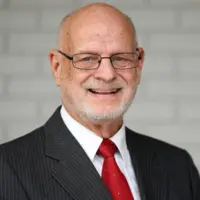
Donn VanStee
Administrative Services Director
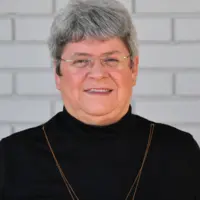
Tina Phillips
Administrative Finance Director
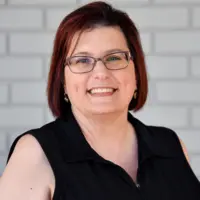
Becky Razaire, LMHC
Administrative Director for Community Programs
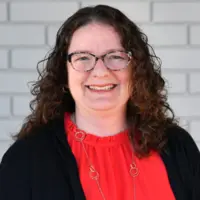
Heather Kaufmann, LMHC
Administrative Director of Outpatient Programs
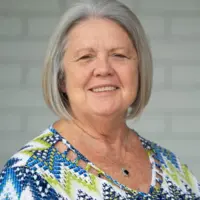
Nelda Jackson, LMHC, MCAP
Administrative Residential Program Director

William Camp, MBA
Operational Compliance Manager
Contact Information
5421 US-98
Highland City, FL 33846
